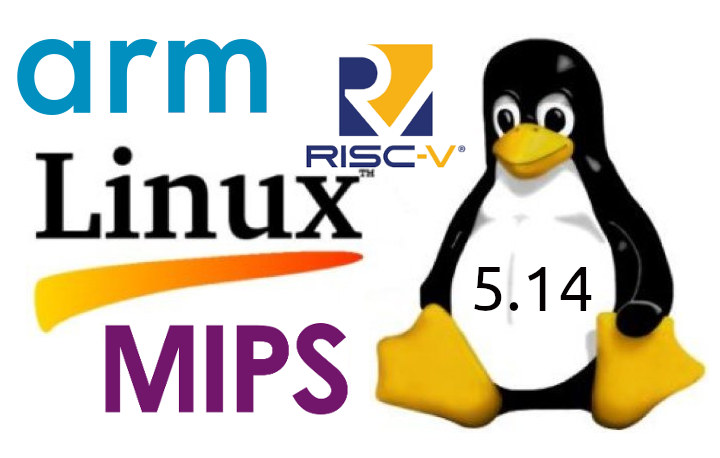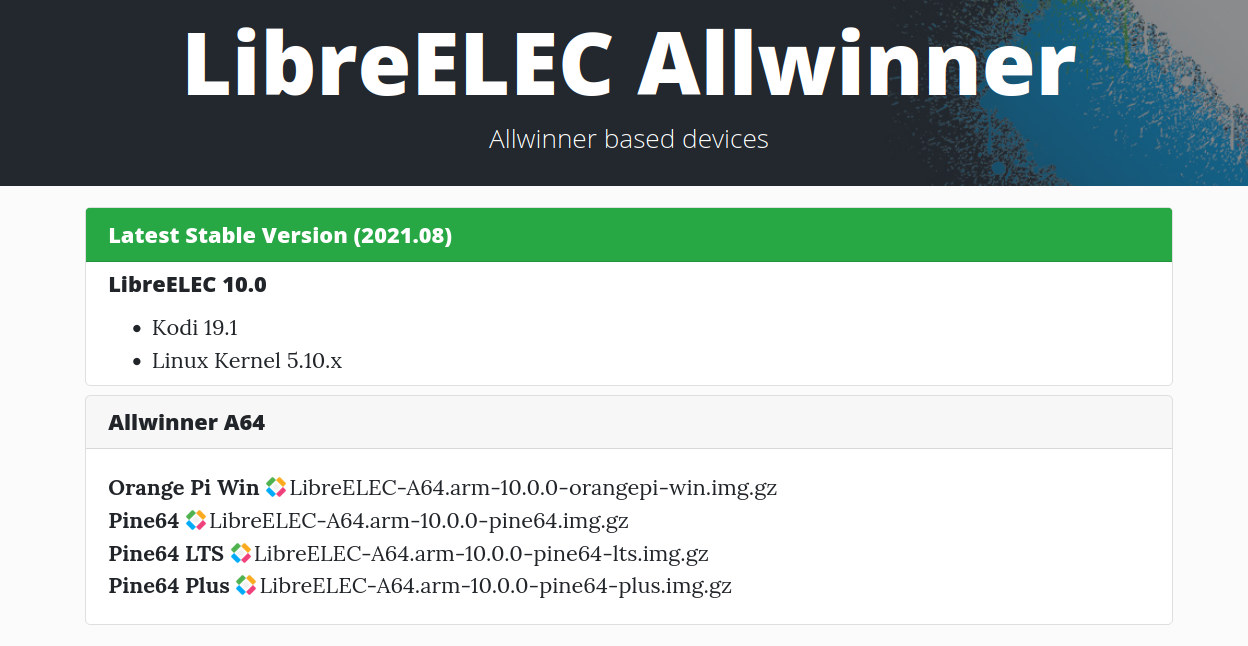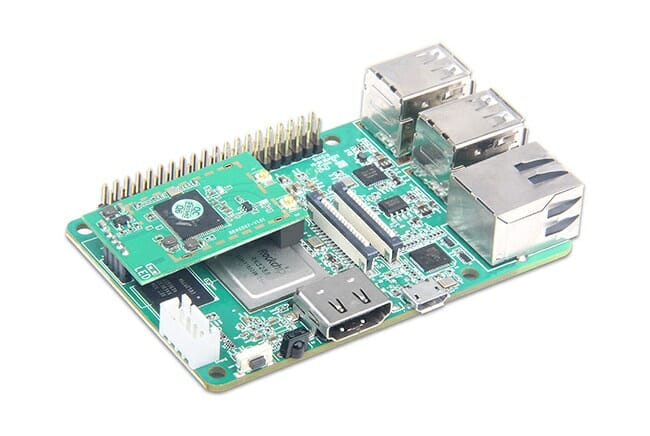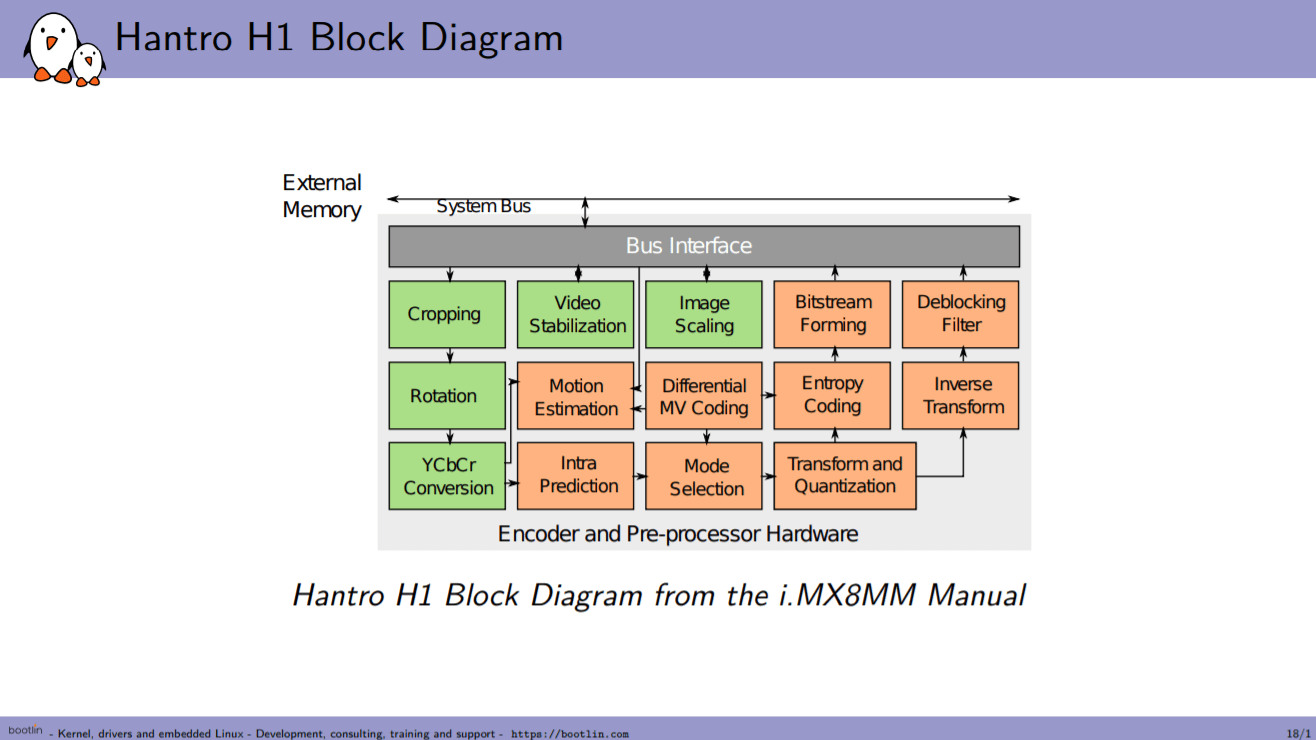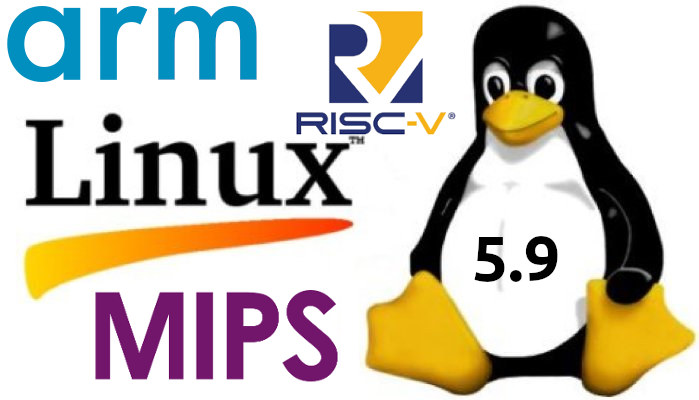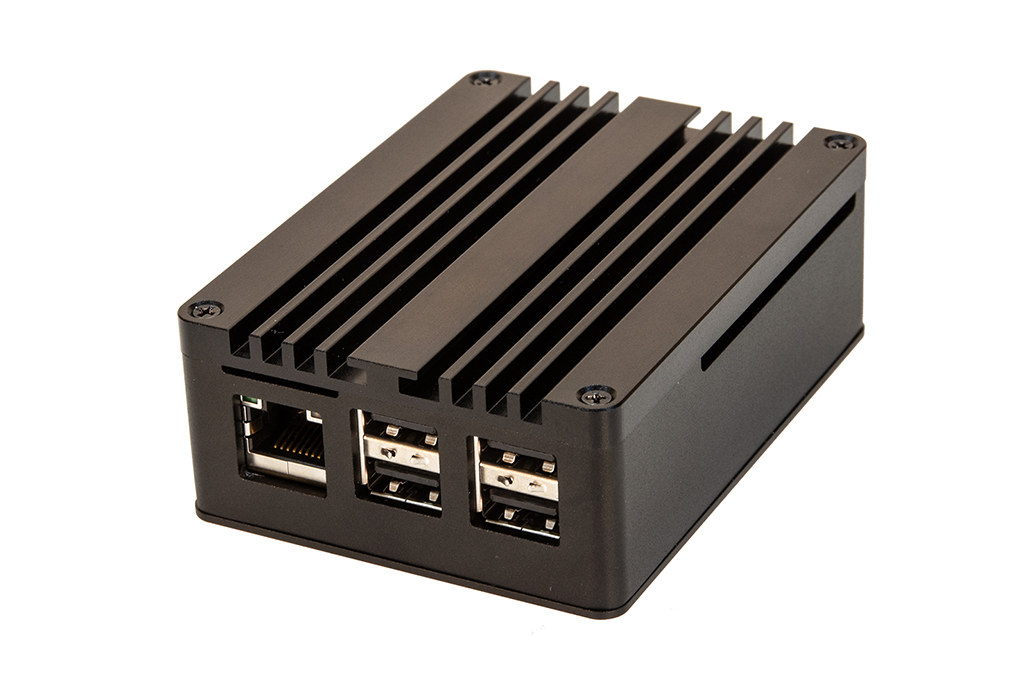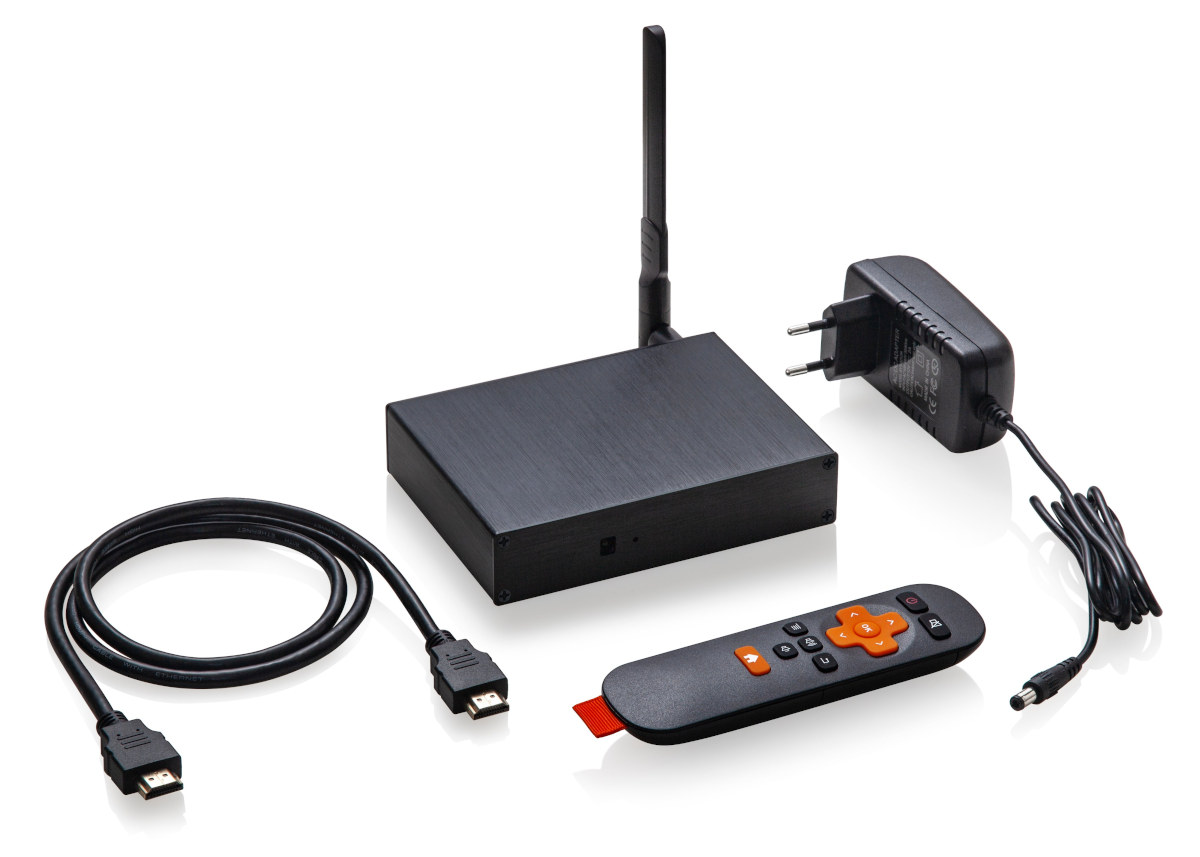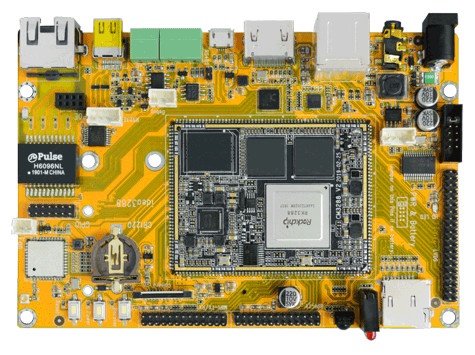Linus Torvalds has just announced Linux 5.14 release which happens to almost coincide with the anniversary of the initial announcement of the “small” project on August 25, 1991, about 30 years ago. Here’s Linux 5.14’s announcement: So I realize you must all still be busy with all the galas and fancy balls and all the other 30th anniversary events, but at some point you must be getting tired of the constant glitz, the fireworks, and the champagne. That ball gown or tailcoat isn’t the most comfortable thing, either. The celebrations will go on for a few more weeks yet, but you all may just need a breather from them. And when that happens, I have just the thing for you – a new kernel release to test and enjoy. Because 5.14 is out there, just waiting for you to kick the tires and remind yourself what all the festivities are […]
LibreELEC 10.0 minimal Linux OS for media playback released with Kodi 19.1
While most TV boxes and SBCs nowadays ship with or support a version of Android, people who just want the best viewing experience may prefer to switch to a Linux distribution such as LibreELEC or CoreELEC. The good news is that LibreELEC 10.0 has just been released with Kodi 19.1 and Linux 5.10 LTS. LibreELEC 10.0 is said to work well for Allwinner, Rockchip, and “Generic” Intel/AMD devices, while the Raspberry Pi 4 release’s codebase is rather new, and there may still be a few rough edges. Support for the previous generation Raspberry Pi boards has been dropped, and there’s no support for Amlogic platforms as CoreELEC already provides good support. Since LibreELEC 10.0 is based on Kodi 19.1, it benefits from the same features as Kodi 19 “Matrix” release including AV1 video decoding, a new skin, HDR support, and more. LibreELEC 10.1 support a wide range of single board […]
Geniatech XPI-3288 Raspberry Pi lookalike features Rockchip RK3288 SoC
Geniatech XPI is a family of single board computers following Raspberry Pi 3 form factor. We first covered XPI-S905X SBC in 2018, which was followed by XPI 3128 board last year. The company has now launched another model with Geniatech XPI-3288 SBC powered by Rockchip RK3288 32-bit quad-core Cortex-A17 processor coupled with 2G RAM and 16GB eMMC flash. Geniatech XPI-3288 specifications: SoC – Rockchip RK3288 quad-core Cortex-A17 processor @ up to 1.6GHz with Arm Mali-T764 GPU System Memory – 2GB RAM Storage – 16GB eMMC flash (8/32GB optional), MicroSD card slot Video Output – HDMI up to 4Kp60 (may be limited to 4Kp30 on some older 4K TVs) Video decoding H.264 up to HP level 5.1 @ 2160p24 (3840×2160) MPEG-1/-2/-4, AVS, VP8, MVC up to 1080p60 (1920×1080) VC-1 up to AP level 3 @ 1080p30 (1920×1080) H.263 @ 576p60 (720×576) Connectivity Gigabit Ethernet port Optional dual-band 802.11b/g/n/ac WiFi 5 and […]
Hantro H1 hardware accelerated video encoding support in mainline Linux
With the increasing need for video encoding, there are some breakthrough developments in hardware-accelerated video encoding for Linux. Bootlin has been working on the implementation of Hantro H1 hardware accelerated video encoding to support H.264 encoding on Linux which follows the company’s work on the previously-released open-source VPU driver for Allwinner processors. Hantro H1 Hardware Hantro H1 is a common hardware H.264 encoder, it can also do VP8 and JPEG. It is found in a few ARM SoCs including a lot of Rockchip (RK3288, RK3328, RK3399, PX30, RK1808) and NXP (i.MX 8M Mini). Depending on the version, it can support up to 1080p at 30 or 60 fps. Here we can see different blocks used for encoding. Hantro H1 is a stateless hardware implementation which means it has no microcontroller or firmware running. As can be seen in the diagram, it has a pre-processor that can do things like cropping, […]
Linux 5.9 Release – Main Changes, Arm, MIPS & RISC-V Architectures
Linus Torvalds has just announced the release of Linux 5.9 on lkml: Ok, so I’ll be honest – I had hoped for quite a bit fewer changes this last week, but at the same time there doesn’t really seem to be anything particularly scary in here. It’s just more commits and more lines changed than I would have wished for. The bulk of this is the networking fixes that I already mentioned as being pending in the rc8 release notes last weekend. In fact, about half the patch (and probably more of the number of commits) is from the networking stuff (both drivers and elsewhere). Outside of that, the most visible thing is a reinstatement of the fbdev amba-clcd driver – that’s a noticeable patch, but it’s basically just mainly a revert. The rest is really really tiny (mostly some other minor driver updates, but some filesystem and architecture fixes […]
SIOT-50 industrial IoT device Integrates ASUS Tinker Board S in rugged enclosure
Stealth is a Canadian company that specializes in rugged displays, computers, and other ruggedized electronics for the industrial, defense, and marine markets. The company published a press release for a new rugged fanless mini PC equipped with a dedicated NVIDIA GeForce graphics card, and older Intel 6th and 7th Generation Core i5, i7 & Xeon processors. But as I browsed their website, I also noticed a compact “industrial IoT device” with a rugged enclosure called SIOT-50 that appeared to be fitted with an off-the-shelf Arm Linux SBC. Let’s look at the SIOT-50 specifications and photos to find out which SBC that may be: SoC – Rockchip RK3288 quad-core Cortex-A17 processor with Arm Mali-T764 GPU, H.264/H.265 video hardware decoder System Memory – 2GB DDR3 Storage – 16GB eMMC flash, MicroSD card slot Video Output – HDMI up to 4K @ 30hz Audio – Realtek ALC4040 audio codec, 3.5mm audio Line Out […]
Rikomagic DS02 Android Digital Signage Player Supports 4G LTE or WiFi Connectivity
Rikomagic is mostly known for its Android mini PCs and TV boxes, but in recent years they’ve started offering solutions for digital signage, and their latest product is Rikomagic D02 digital signage player running Android 7.1 on a Rockchip RK3288 processor and offering either WiFi or 4G LTE cellular connectivity. Rikomagic DS02 specifications: SoC – Rockchip RK3288 quad-core Arm Cortex-A17 processor @ up to 1.8GHz GPU with Mali-T760 MP GPU System Memory – 2GB RAM Storage – 16GB flash, MicroSD card socket Video Output HDMI 2.0 up to 4K @ 60 Hz (Note 60Hz support may depend on your TV supporting CbCr 4:4:4 or RGB 4:4:4 modes) Internal reserved pins for LVDS, and backlight Touch panel support via USB only Audio – 3.5mm headphone jack, digital audio via HDMI; optional MIC Connectivity Gigabit Ethernet with WoL support Dual-band 802.11b/g/n/ac WiFi 5 4G LTE with Micro SIM card slot Note 4G […]
Boardcon Idea3288 Android SBC is Made for Digital Signage, Smart PoS, and Vending Machines
Boardcon Announces the Idea3288 SBC Boardcon Idea3288 targets the commercial market with a variety of applications for its latest SBC, utilizing a Rockchip 3288 CPU module. The company says the Idea3288 is customizable for whatever commercial application that can be had, such as digital displays, vending machines, intelligent POS, automotive, IoT, and even access control systems. Idea SoC RK3288 and Interfaces The SBC is comprised of a Rockchip RK3288 quad-core Arm Cortex A17 processor with a Mali-T764 GPU, 2GB RAM, and 8GB eMMC flash. The interfaces include GbE, mDP, HDMI, 3x USB2.0 Host ports, one USB OTG port, audio, battery, MIPI DSI/CSI, UARTs, RS485, CAN, POE, Micro SD, PCI-e (for 4G modem), M.2 slot (for SSD), SIM slot, and more. The SBC is made up of a carrier board and a CPU module The SBC runs Android 7.1.2 operating system and is built to handle 4K video playback. The Idea3288 […]


